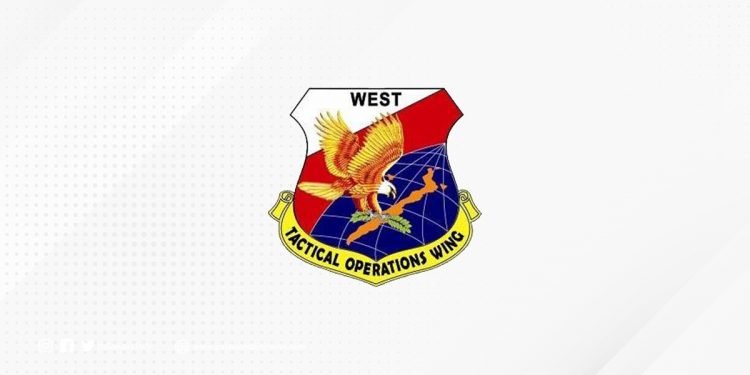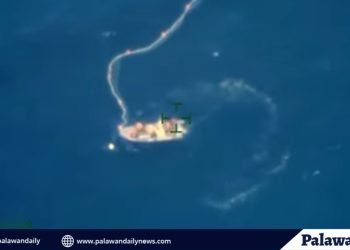The Local Government Units (LGU) are further empowered through the continued institutionalization of the Whole-of-the-Nation Approach, a national peace framework, in attaining inclusive and sustainable peace aimed to end the local communist armed conflict through the National Task Force – Ending Local Communist Armed Conflict (NTF-ELCAC). As one of the NTF-ELCAC members, the Department of Interior and Local Government (DILG) ensures sustainable peace capacity building among LGUs and other local institutions with the local communities.
To achieve the uniformity of peace alliance, the internal governance establishes activity plans from the national level which are then institutionalized at the local level. The success of each activity has been recorded in the 2021 accomplishment report of ELCAC Task Forces from Regional and Provincial attained a 100% of its project (a total of 16 and 76 respectively), City/Municipal level reached the 1,405 of 1,516 and Barangay levels targeted the 26,004 of 39,556. With this large scale of numbers, the Local Government Empowerment Cluster aptly reflects hard work to eliminate active revolt or uprising in each of these communities and strengthens the advocacy of community freedom from said disturbances.
The Local Government Empowerment Cluster created programs for countering the propagation of Communist Terrorist Groups (CTGs) Mass Base Building by integrating the three processes: Party Building, Army Building, and United Front Building. And with the involvement of the Armed Forces of the Philippines (AFP) to the cooperation of the LGUs and law enforcement agencies, the steadfast efforts to protect the best interest of the people is ensured. This is established through the mission of the AFP in securing different areas of responsibility which gives an avenue for the participative consultation on the continuous operations of communist insurgents. The whole paradigm of influencing the people’s trust provides information that drives peace, security, and development, and reinforces community security mechanisms and structures through these peace engagements with AFP. These activities cause the effective local maneuver of the community stability contributing to the advocacy of the State’s principles and policies such as the maintenance of peace and order, protection of life, liberty, and property, and promotion of general welfare.
The framework for the peace engagements provides inclusive uniformity and identifies the specific needs situated in the particular community which then leads to increasing dialogue among the people, encouraging the local constituencies to participate in the developing culture of peace. In like manner, empowering the local authorities would mean enjoining and extending necessary and appropriate assistance to AFP and law enforcement agencies. Enhancing the LGU’s capabilities to end the local communism can therefore fully institutionalize peacebuilding, project development support, and ensure security and justice, particularly in conflict-afflicted and vulnerable communities.




















Discussion about this post